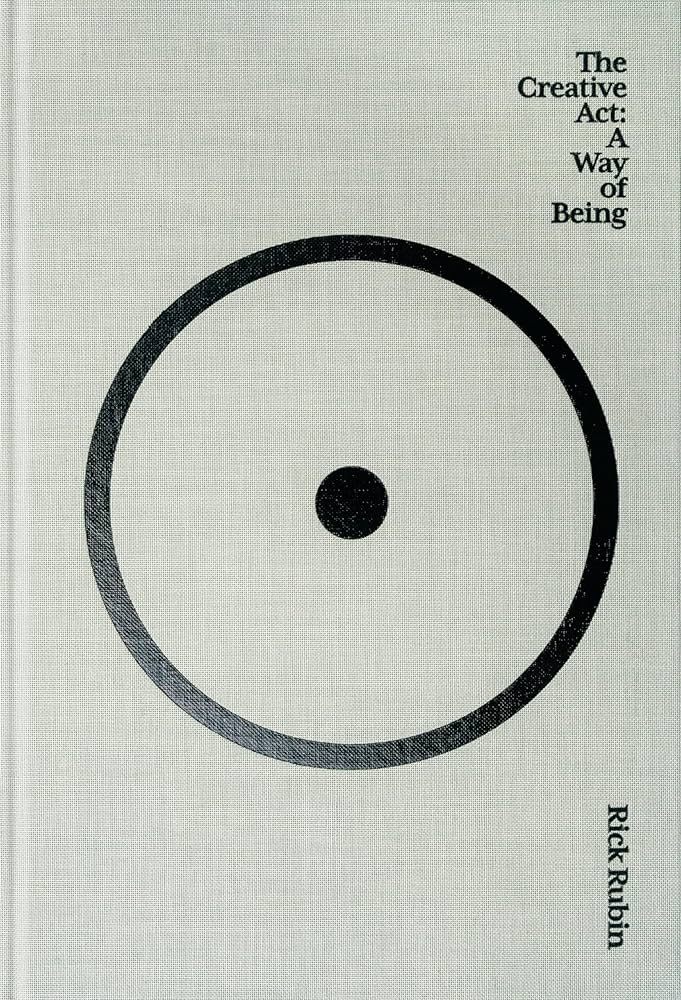The Experimenter and the Finisher
byCreativity manifests in different ways for different people, often revealing a natural inclination toward one of two distinct approaches: The Experimenter and the Finisher. Experimenters thrive in the early stages of a project, reveling in boundless exploration, discovery, and the sheer joy of creation. They take pleasure in trying out new ideas, pushing boundaries, and letting their imagination roam freely without the pressure of committing to a final product. However, their enthusiasm for discovery can become a double-edged sword, as the reluctance to confine their work to a structured endpoint often leads to projects remaining unfinished. For them, the creative process is an open-ended journey rather than a destination, and the idea of completion can feel like an abrupt halt to potential growth.
Finishers, in contrast, are naturally inclined toward results-oriented thinking, prizing efficiency and completion over endless experimentation. They approach their work with clear objectives and a sense of urgency, moving steadily toward the final product. This mindset allows them to produce tangible outcomes consistently, ensuring that their creative endeavors reach their intended audience rather than being lost in perpetual refinement. However, their commitment to completion can sometimes come at the cost of depth, as they may rush past valuable opportunities for refinement and growth. By focusing too much on the end goal, they risk overlooking the artistic discoveries that arise when one takes the time to explore and iterate.
The chapter suggests that Experimenters and Finishers can both benefit from incorporating aspects of each other’s strengths into their creative processes. For Finishers, learning to embrace uncertainty and allowing themselves to wander through the creative process can lead to deeper and more intricate work. Rather than treating exploration as an unnecessary delay, they can view it as an essential part of refining their craft, enabling their work to take on a richness that might not emerge through efficiency alone. Taking breaks to reflect and experiment can lead to new perspectives that ultimately improve the final product, making it more meaningful and resonant.
On the other hand, Experimenters can greatly benefit from the discipline and structure that Finishers naturally possess. One effective approach is to set incremental goals, breaking large projects into smaller, manageable tasks to prevent the overwhelming feeling of finality that often hinders completion. For instance, instead of trying to perfect multiple unfinished works at once, they can choose just one or two to focus on, gradually bringing them to a polished state. This method fosters momentum and confidence, demonstrating that completion does not equate to creative stagnation but rather allows space for new ideas to emerge.
A practical technique for Experimenters is to navigate creative roadblocks by shifting focus rather than becoming stuck on a single unresolved issue. If one part of a project proves challenging, temporarily shifting to another section can maintain productivity and prevent frustration from stalling progress. This strategy mirrors the way musicians, writers, and visual artists often rotate between projects, ensuring that their creativity remains fluid rather than stifled by the pressure of overcoming a single obstacle. By cultivating this adaptability, Experimenters can gradually develop a workflow that accommodates both their love for exploration and the necessity of finishing their work.
Ultimately, the chapter argues that creativity flourishes when a balance is struck between the free-spirited nature of Experimenters and the determined drive of Finishers. While the initial spark of inspiration is invaluable, so too is the ability to refine and present one’s work to the world. Artists who embrace both mindsets—allowing themselves room to explore while committing to seeing their projects through—can experience the best of both worlds, achieving fulfillment not just in the process of creation but also in the satisfaction of completion.


